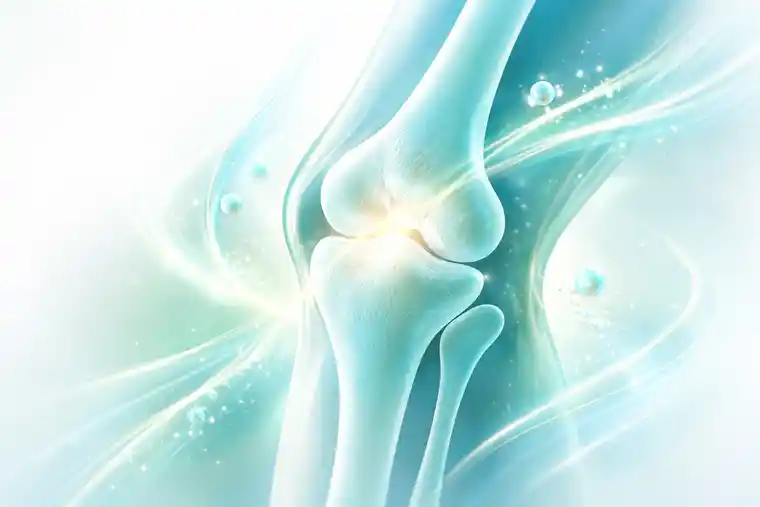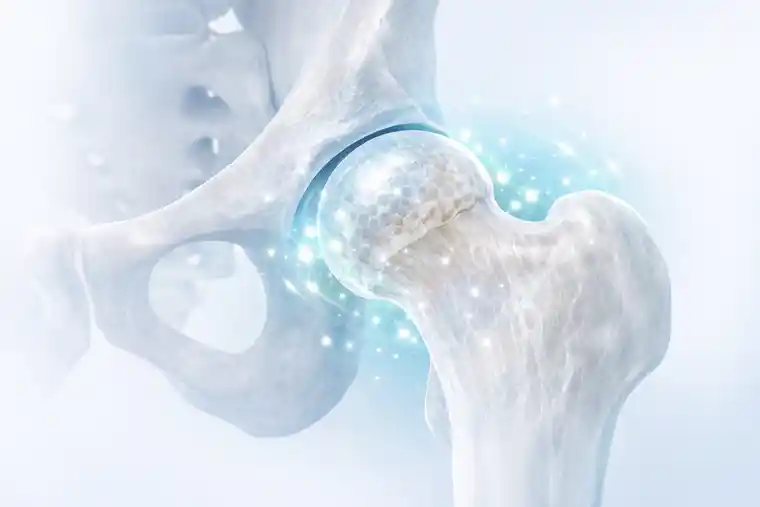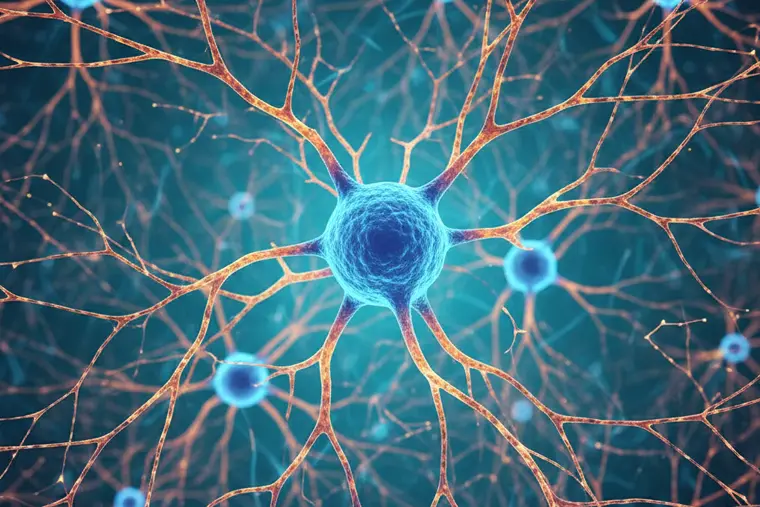IVF of the Future in Cyprus: A Natural, Trustworthy Path with Stem Cells and Exosomes
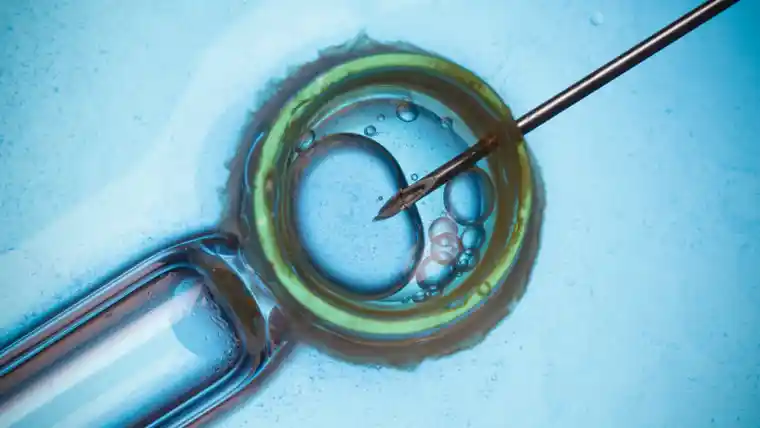
IVF: Between Longing and Hope
The desire to become a parent is profoundly human. For those who face difficulties conceiving naturally, the emotional burden can be as heavy as the medical reality. It is not just about biology — it is about dreams, identity, love, and resilience. When a couple chooses to explore IVF, they are seeking not only a medical solution but also reassurance, understanding, and care.
Today, IVF has progressed far beyond its early stages. Science has opened new possibilities, not only improving success rates but also supporting the body’s own healing mechanisms. This includes innovative applications of exosomes and stem cells, which are being explored in tandem with traditional IVF approaches.
In Cyprus, many couples have discovered a unique setting for fertility care — one that balances advanced reproductive medicine with fewer legal restrictions, faster access to treatment, and an atmosphere of calm professionalism. Compared to other countries, Cyprus offers a clearer path for those seeking modern techniques and individualized care.
Table of Contents
What IVF Really Involves — A Human Approach
IVF stands for in vitro fertilization, a method where an egg and sperm are brought together in a lab setting. Once fertilization occurs and healthy embryos are formed, one or more can be transferred into the woman’s uterus. But beyond these technical steps lies a very personal story.
The process begins with hormonal stimulation of the ovaries to encourage multiple eggs to mature. These eggs are then collected in a short, minimally invasive procedure. Fertilization, often using ICSI (injecting a single sperm directly into the egg), is done in the lab. After several days of careful observation, the most promising embryos are selected for transfer.
Remaining embryos, if viable, may be frozen for future attempts. Each stage requires sensitive timing, trust between patient and medical team, and attention to the emotional impact.

The Gentle Strength of Regenerative Medicine in IVF
Some women experience repeated implantation failures or have limited ovarian reserve. For these and other challenges, modern medicine has begun to draw upon the body’s own resources — through exosome therapy and stem cell support.
Exosomes: Signaling Repair
Exosomes are microscopic carriers of biochemical messages. When introduced into the uterine environment, they appear to reduce inflammation and help repair the endometrial lining. This can improve conditions for embryo implantation, especially in women who have had unsuccessful IVF cycles in the past.
Stem Cells: Reawakening Ovarian Activity
Stem cells, either derived from the patient’s own tissues or from ethically sourced donors (such as umbilical cord blood), are being used in pilot programs to stimulate dormant ovarian function. These treatments are experimental but promising for certain patients.
In Cyprus, a small number of specialized clinics have begun offering such therapies in regulated frameworks, combining innovation with safety and ethics.
Step by Step: The IVF Experience
Every person’s fertility story is unique. The IVF journey must reflect that — not a rigid protocol, but a compassionate and thoughtful path forward.
First Consultation
An initial conversation allows the doctor to hear your history, concerns, and hopes. This is more than data collection. It is about establishing a partnership. In Cyprus, these meetings often happen in your preferred language, and care is tailored to diverse backgrounds and family structures.
Investigations and Planning
The next phase includes a set of diagnostic steps:
- Hormonal testing
- Ultrasound of the uterus and ovaries
- Semen analysis
- Infectious disease screening
- Genetic consultation if needed
Based on these results, a customized treatment plan is developed. For those with complex needs, additional therapies — including exosomes or stem cells — may be considered.
Treatment Cycle
Hormonal stimulation is closely monitored. The retrieval procedure is brief, with little discomfort. After fertilization, embryos are observed for quality. Genetic testing may be offered to check for chromosomal balance.
The embryo transfer is gentle and does not require anesthesia. Patients then begin the waiting phase, supported medically and emotionally by the clinic team.
Pregnancy Test and Support
Roughly two weeks after the transfer, a blood test determines pregnancy. Whether positive or negative, patients are supported fully — with clear next steps, empathy, and clinical guidance.
Cyprus: Fertility Care Without Borders
What sets Cyprus apart?
Legal Clarity
In Cyprus, the laws around fertility treatment are more flexible:
- Anonymous egg and sperm donation is allowed
- Single women and same-sex couples are welcomed
- Age limits are more open than in many EU countries
- Double embryo transfer is often permitted
Specialized Clinics
Fertility centers in Cyprus are staffed by physicians who have trained in top European programs. These clinics offer:
- Clear, direct access to care
- Advanced laboratory technology
- Support staff for international patients
- A peaceful environment away from big city stress
No Waiting Lists
In contrast to long delays elsewhere, patients in Cyprus often begin treatment within days or weeks — not months.
Modern Techniques
Selected clinics combine IVF with PRP, Exosome or Stem cell therapy
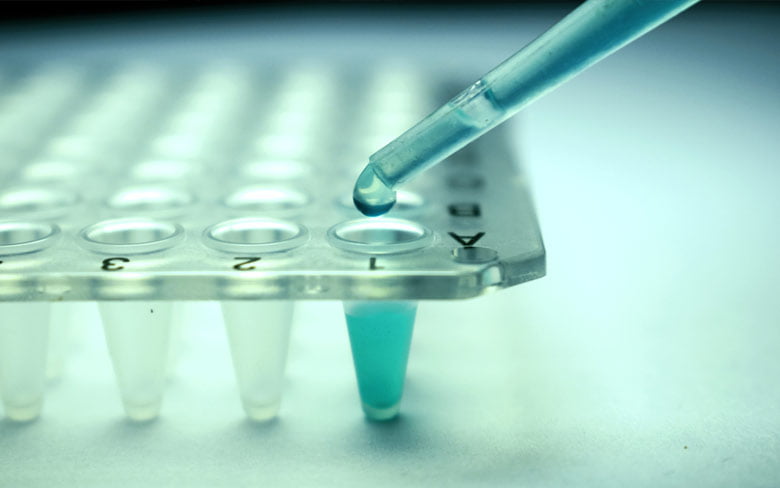
Being Real About IVF: Risks and Results
IVF is powerful but not perfect. Being open about risks builds trust.
Physical Side Effects
Mild bloating, mood swings, or nausea may occur during stimulation. Rarely, an excessive response (OHSS) happens, but it is monitored and managed.
Emotional Challenges
Uncertainty is hard. The waiting. The hope. The what-ifs. This is why psychological support is part of ethical care.
No Guarantees
While success rates are good — especially for younger women — they vary. Honest doctors will never promise more than they can deliver.
Safety and Origin of Materials
Donor Gametes
All donors go through:
- Full health screening
- Genetic evaluation
- Psychological review
Exosomes and Stem Cells
Only reputable labs are used — such as those certified under GMP or ISO standards.
Patients should always receive transparent information about the source, processing, and safety of all biological materials used in their treatment.
Scientific References
ESHRE ART Fact Sheet 2024: https://www.eshre.eu/Data-Collection-and-Research/Consortia/ART-Fact-Sheet
Li et al. (2023): https://pubmed.ncbi.nlm.nih.gov/37482817
Cochrane Review: https://www.cochranelibrary.com/cdsr/doi/10.1002/14651858.CD012388.pub2/full
Sfakianoudis et al. (2022): https://pubmed.ncbi.nlm.nih.gov/35127425
NHS Fertility Guide: https://www.nhs.uk/conditions/infertility
Final Words: Start with a Conversation
IVF is more than medicine. It’s about connection, courage, and hope. If you’re exploring your options, it helps to talk with someone who sees the full picture – not just your chart.
In Cyprus, our approach begins with listening. We believe in personal care, scientific clarity, and honest support at every step.
Whenever you’re ready, we’re here. Let’s talk.
Legal Note: This article is for informational purposes only. It refers to treatments offered abroad (e.g., in Cyprus) and does not suggest or imply that such services are available or permitted under Turkish law. We do not promote or offer any services that are not legally allowed in Turkey.
Get your free consultation
- Need guidance and reassurance?
- Talk to a real person from MedClinics!
- Let's find the perfect doctor together.


